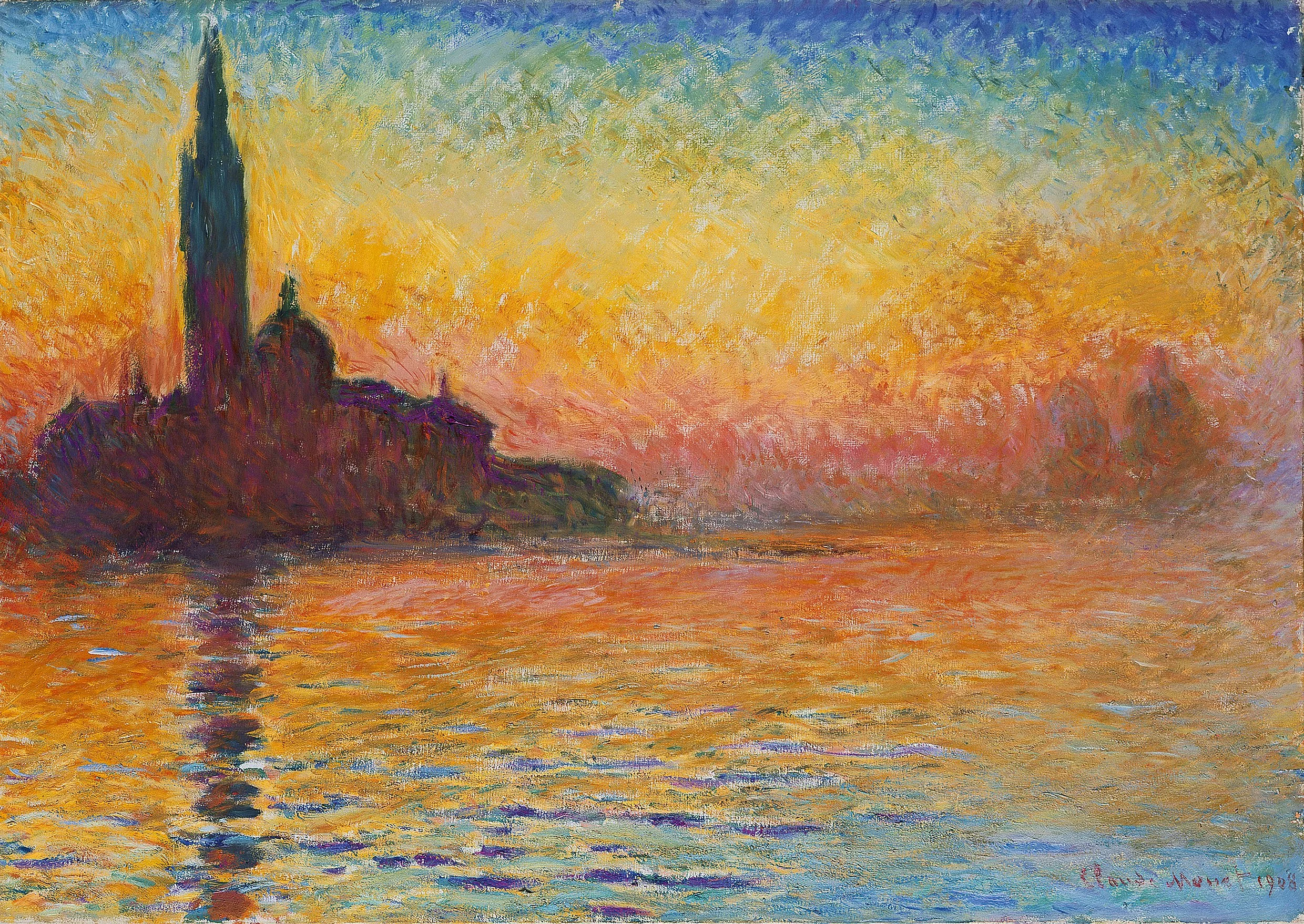Émile Zola (1840-1902), the titan of French Naturalism and author of the monumental twenty-novel Rougon-Macquart cycle, brings us into the dazzling world of Haussmann’s Paris with Au bonheur des dames. Published in 1883, this novel captures the birth of modern consumer capitalism through the story of the first grand magasin—a cathedral of commerce that revolutionizes not just shopping, but the entire fabric of Parisian life. Zola transforms what could have been a simple romance into an epic fresco of social and economic transformation, wielding his signature documentary precision to chronicle how the modern department store devours small merchants while creating new opportunities for women.
The novel follows Denise Baudu, a young provincial orphan who arrives in Paris with her two younger brothers, seeking refuge with her uncle's struggling fabric shop. Across the street looms the Au Bonheur des Dames, Octave Mouret’s gleaming commercial empire that expands relentlessly, crushing traditional commerce in its wake. Denise takes a job as a salesgirl in this new world of plate glass, electric lighting, and seductive displays where everything—merchandise, women, desire itself—becomes spectacle. As she navigates the brutal hierarchies among the staff and catches the eye of the ambitious Mouret, Denise’s story becomes emblematic of a larger shift: the emergence of the modern working woman and the birth of consumer society.
Zola’s prose captures both the intoxicating beauty and the ruthless machinery of this commercial revolution. His descriptions of the store's sales events read like battle scenes—avalanches of fabric, stampedes of customers, the orchestrated chaos of desire manufactured and satisfied. Yet beneath the surface glamour, he reveals the human cost: exhausted salesgirls sleeping four to a room, small shopkeepers driven to ruin, the calculated manipulation of female desire. The novel asks prescient questions about capitalism, women’s work, and the price of progress that resonate powerfully with our own era of retail giants and e-commerce.
This reading invites us to explore how Zola, at his visionary best, anticipated our contemporary world of consumption, branding, and spectacle. Through Denise’s journey from poverty to power, we witness not just a personal triumph but the birth of modern commercial civilization—with all its promise and its perils. It’s Zola in his most accessible mode: a page-turning story of ambition and romance that simultaneously offers profound social analysis of the world being born around his characters.


